Teaching literature with Raspberry Pi
Last week, checking out posts people had made on our Facebook page and the projects they were telling us about, one in particular caught my attention. Sarah Roman, a high school English teacher from New Jersey, had written:
Our English class is going to be using the Raspberry Pi in order to build book-based video games, incorporating Scratch, Sonic Pi, and Python. The students are incredibly excited […]
There was a link to an Indiegogo campaign; we love to see Raspberry Pi used creatively outside of computing lessons, so I clicked on it. A minute of video opened with the title “English Classroom”, but it didn’t look like my high school English lessons. Students work around computers, ignoring the camera as they concentrate intently on… wait, is that Minecraft?
https://www.youtube.com/watch?v=jaaejhrVAxc
I got in touch with Miss Roman to find out more. She intends (for starters) to get students in her Junior Honors class – that is, 15- and 16-year-olds – building Pi-based games consoles with games that draw on their reading of Dracula by Bram Stoker, and she is raising funds to kit out her classroom with Raspberry Pis and accessories. The students will use Scratch, working collaboratively to create their own graphics, sounds, and housing for the console. Older students will be using the Raspberry Pis in their study of William Faulkner’s As I Lay Dying. Of course, these plans are only the beginning of the road for the Pis, both within and beyond Miss Roman’s classroom; her project proposal notes that there could be an opportunity to work with other instructors to show them how they might use Raspberry Pi in their teaching.
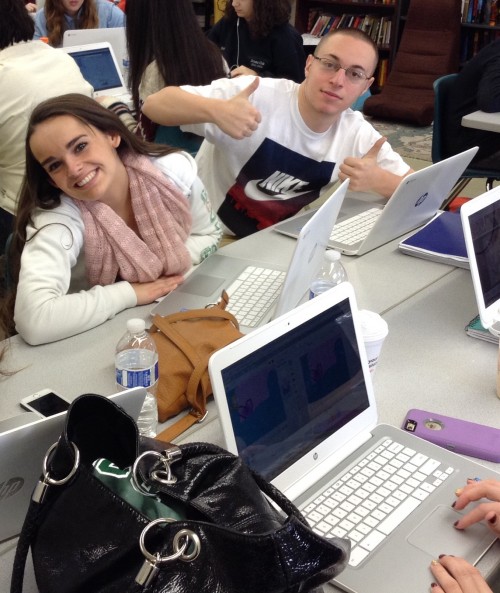
This isn’t the first time that Miss Roman has introduced video games to the English Literature classroom. Last year, Juniors reading William Golding’s Lord of the Flies worked in groups to build the island where the story is set from the imagery evidence they found in the text, adding significant quotes and moments to it via signposts and books; putting each student group into the same Minecraft world allowed them to explore each other’s work. Students were thrilled to use information from the book to build their own islands, and would sigh when the class came to an end. Miss Roman says,
Essentially, the Pi is helping me to integrate fiction and nonfiction, different literacies, and boost creative thinking […] I’m extremely happy with the Pi, and I’m sometimes staggered by the applicability it has for my classroom. I think that complex texts and ideas deserve projects that offer complexity as well, and by opening avenues of this kind for students, they have the ability to understand texts in ways that haven’t been previously accessed.
We’re excited to learn about Raspberry Pi being used in this way, and we hope that this crowdfunding campaign garners plenty of support – we’d love to hear more from New Jersey as this project takes off!



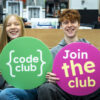
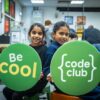
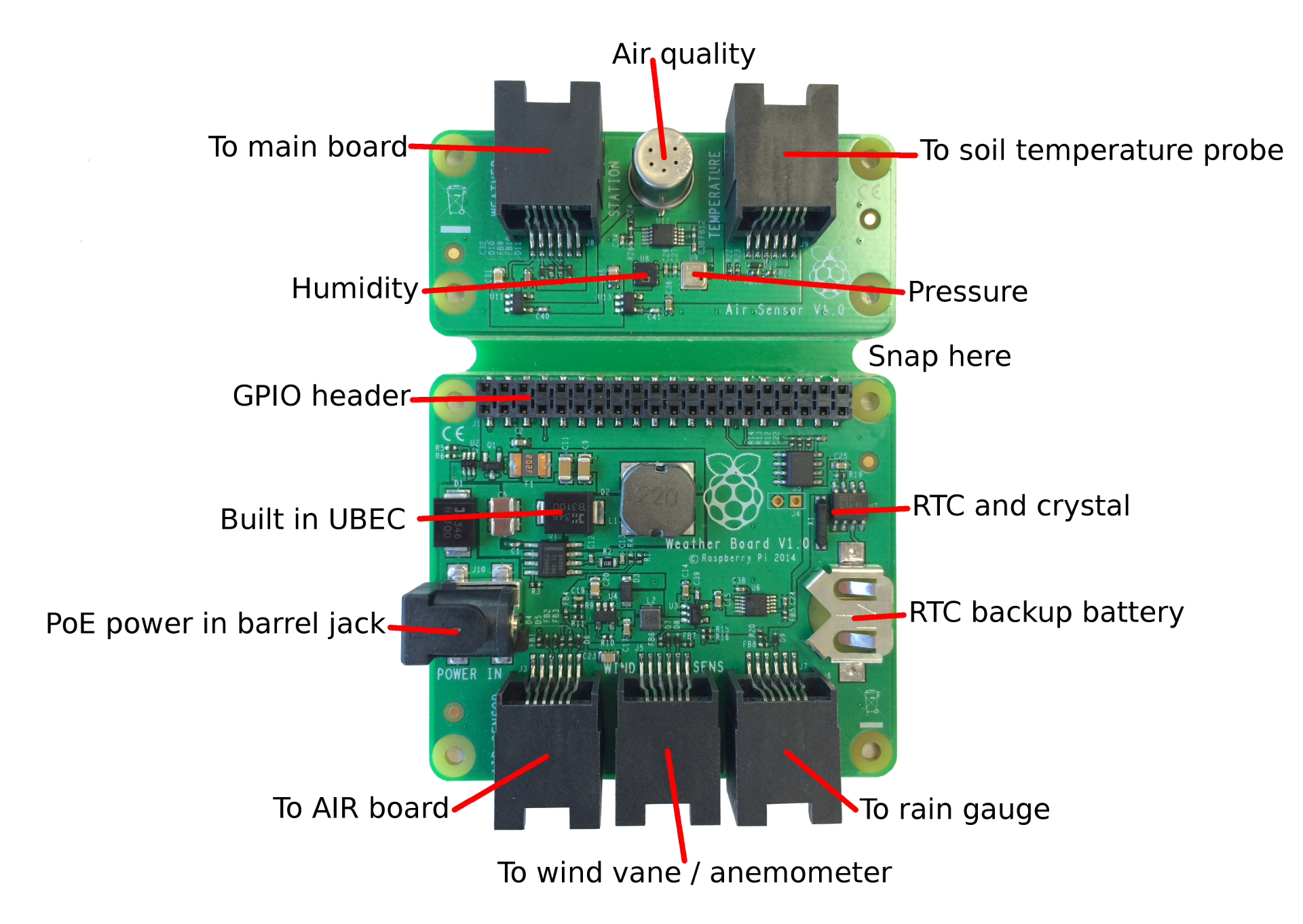
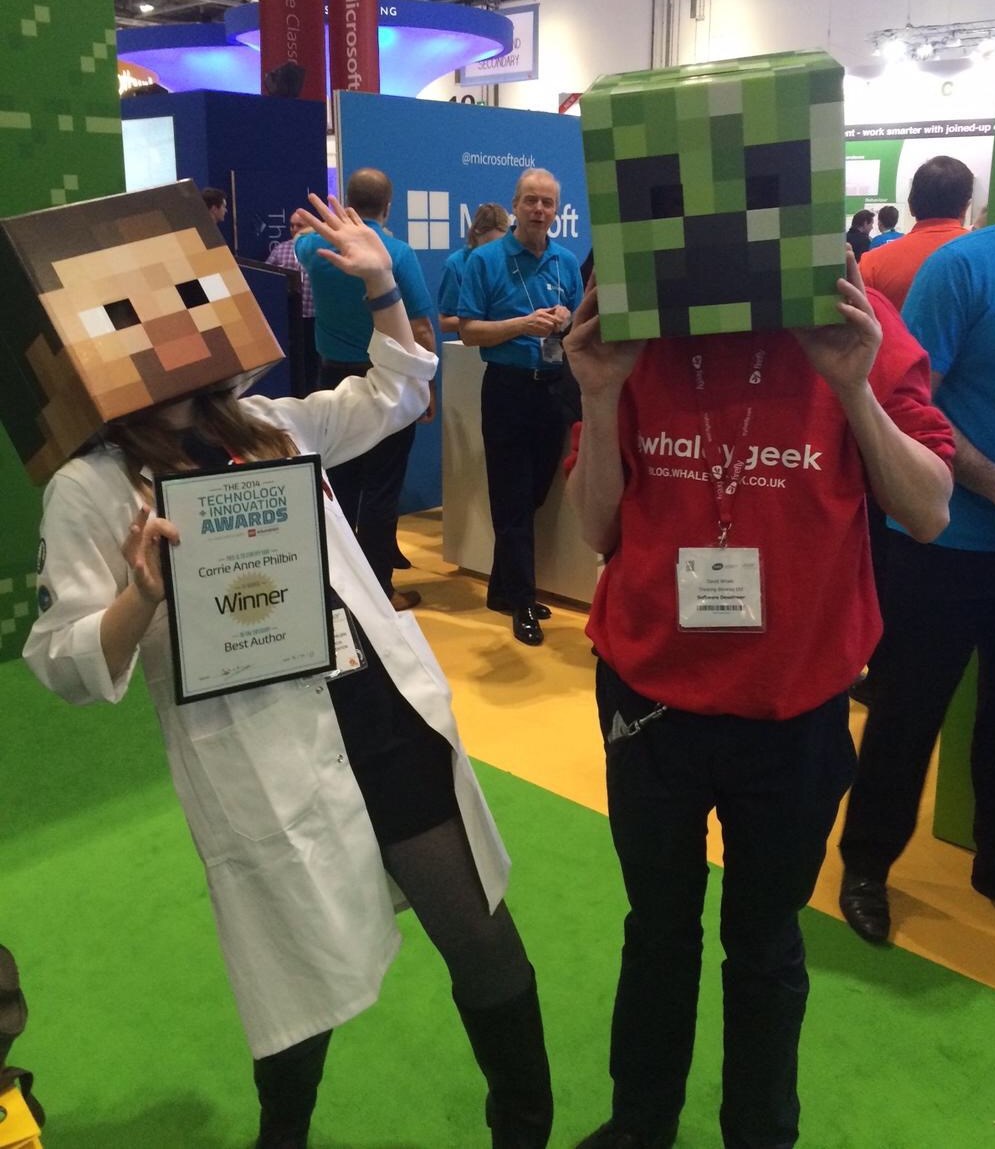
14 comments
Mac Rutan
So that’s one way to make schoolwork interesting.
Ms. Roman provides a situation in which the students are engaged by some complexity based on quality literary resources. She has challenged the student while at the same time supporting them with a platform. The Raspberry Pi with Scratch, Wolfram, Minecraft PE, and more, adds to the complexity of the assignment while diversifying the possibilities for solutions. From the students initial point of view, I suppose this seemed broad… and then the following thoughts must have been, let’s get to it! It would be very interesting to hear about this form them…
Sarah Roman
I’ll admit, when I first started discussing this project idea with the students, they were very uncertain as to what they would be getting into. We’ve had many more conversations since then, and it’s really drummed up the excitement and the willingness to try out a project of this caliber. Once the project gets rolling, I’ll definitely be providing updates as to their struggles and successes…and everything in between. Thanks for taking a look!
Raspberry Pi Staff Liz Upton
Thanks Sarah – we’re always really pleased to see cross-curricular use of the Pi, and as you’ve probably guessed, we loved the idea of your class!
Dena
This is awesome Sarah!!! This is so creative, fun, and ties in so many skills. Good luck with the project! Can’t wait to see how it goes. I am using basic coding at Beers Street in my computer class. – Dena
GemPundit
At my workplace, there is Shared Printer. I want to build a prototype Printing and networking Server so We can attach Printer to tiny Pi Computer and Share it online( Lan/Wireless/Bluetooth V.4/NFC) and Pi computer can also help us in Software defined networking( In office file transfer)
Currently we use skype/gmail to transfer files.
AndrewS
Try asking for help in http://www.raspberrypi.org/forums/viewforum.php?f=36
Jim Manley
What a scathingly brilliant idea, as Hayley Mills said in “The Trouble with Angels”! As a fellow originally from “Joisey”, I’m proud and excited to see what you’re doing with the Pi thinking way outside the tech box. I”ve been playing the part of Sisyphus, pushing the tech rock up the proverbial hill while most other uninformed teachers seem to be pushing harder to assist gravity in rolling that rock back over me. Even the principal who hired me to bring computing to high schools in our district flat out refused to support school-wide participation in the Hour of Code, thinking it was only for geeks.
You’ve provided an incredibly valuable way for me to show how every student can benefit from computing education, including but not limited to developing software, which is way beyond just coding. Documentation, especially requirements definition through detailed use case description, is as intense a story-telling exercise as anything done in fiction, including creating believable characters, plot lines, scenery, and back stories. I should have thought of how Minecraft could figure into my game plan for showing other educators what can be done with computing, even on a platform as initially seemingly underpowered as the Pi.
Thanks for the inspiration and keep up the great work!
Sarah Roman
Thank you! The high school in which I work is incredibly supportive of “out-of-the-box” ideas. They work hard to keep up on technology, and it really shows.
Also, the Minecraft project was a big hit with the students. Feel free to contact me for any ideas – always happy to share out what has worked for me and what hasn’t.
Tom Fool
This is in the top 10 or better of Pi-ideas! Liz, it *BEGS* for a followup blog post in 2 or 3 months, certainly by the end of the spring semester.
Really, this just amazed me and I am way tired of the use of ‘amaze’ on the net – I wish MY English class in high school provided this. Of course, dinosaurs ruled the earth back then…
Sarah Roman
Updates will definitely follow by the end of the school year. I was discussing this with my students today, and we’re thinking about putting GoPros on three or four of them. This way, we can create a first-person account of the project and perhaps incorporate some vlogging. I would be very interested to document their thoughts in real time, so this is likely to be where we are headed. Thank you for your interest!
Raspberry Pi Staff Liz Upton
Do have a look at Raspberry Pi cameras (you can see them in the product section on the front page) – they’d be a very good fit, and cheaper too!
Sarah Roman
That’s a great idea – thank you!
Ben Nuttall
See our camera resources:
– Infrared Bird Box
– Cress Egg Heads
– Parent Detector
– Push Button Stop Motion
– Tweeting Babbage
– Time-lapse setup
– Python Picamera Setup
Kevin Partner
Great to see Chromebooks in use in classrooms too – what an innovative example of how to get the most out of a limited education budget.